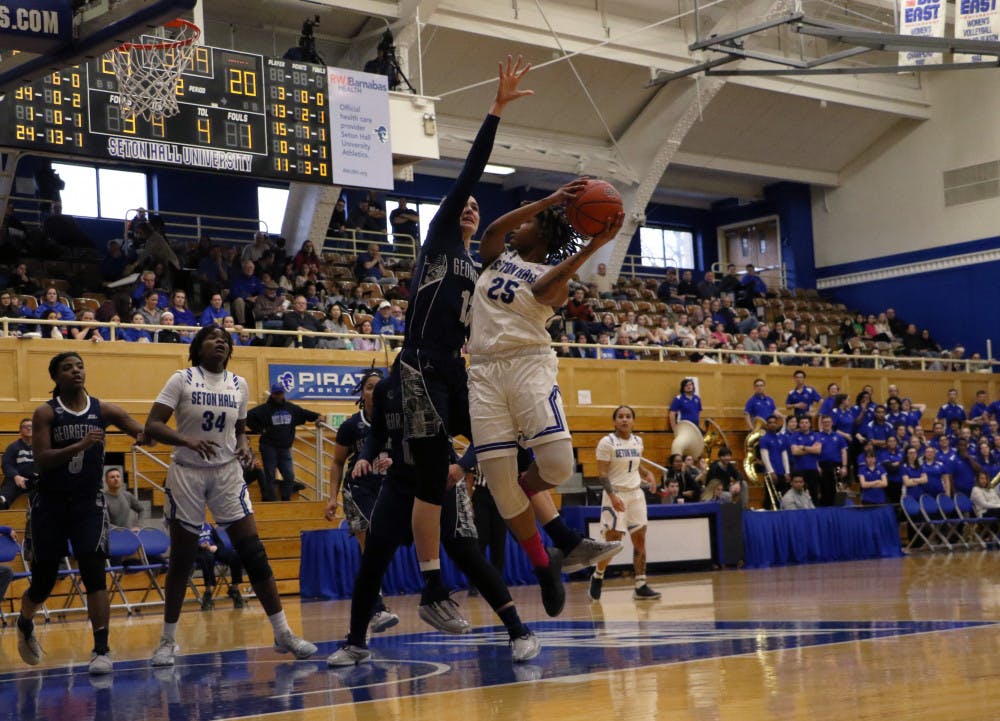As registration time is right around the corner, from November 3-25, students have probably started planning their schedules for next semester.
With the undergraduate catalog in one hand and a highlighter in the other, colored strokes begin differentiating between classes that have been taken and passed and classes that are still on the agenda.
When I first went over the general education and CORE requirements for my B.A. in the College of Arts and Sciences, I was disappointed with what I saw. In this day and age, students have begun tailoring their majors to specific careers and skill sets that they desire. Perhaps my opinion is due to the generation in which I was born, called the Millennials.
Millennials are said to be task-oriented and focused on achievement, as Steven Beebe pointed out in his book “Interpersonal Communication: Relating to Others.” My generation seems to be heading into the workplace having a different worldview from that of our parents, most likely the Baby Boomers or Generation X. Due to these differing perspectives, I suggest that student opinions be heard regarding which classes are necessary to our futures.
The requirements for obtaining a bachelor’s degree need to be reevaluated. Seton Hall, along with other local institutions such as Drew University and Ramapo College, require that students working towards their B.A. take a science, math, and even a language course.
From 1984 until 2014, the general education requirements at Seton Hall have hardly changed. The language, English, humanities, philosophy, and religious studies requirements have not changed at all. Perhaps the only difference is the introduction of CORE classes such as Journey of Transformation and Christianity and Culture in Dialogue.
After attending the “Introduction to Seton Hall University’s Core Curriculum” meeting held on Oct. 3, I have come to understand that the principles and desired outcomes are the same as they were in 1984. The faculty discussed the need to have a liberal arts education that engages the intellect and develops essential proficiencies and literacies, which I support.
I feel that most of the goals that were discussed in the CORE meeting are proficiencies that I am learning in most of my humanities class. For example, when I took Intro to Philosophy at the same time as Journey of Transformation, it felt like the same class. We study most of the same texts, with the only benefit to taking both classes being multiple perspectives offered. I would prefer to focus on my career path and alter the courses to suit my future. The current requirements seem out of date and burdensome in the sense that students are required to take various classes that have little or no bearing on their careers or their future in any way.
I do not understand how general education requirements have hardly changed since 1984, given that the world is a far different place from what it was 30 years ago. Some of the outdated class requirements are the math and science classes.
The math and science classes that I took just reviewed previous things I learned in high school. I did not learn one new thing in those classes. When I asked most of my friends, they agreed. The level that math and science is taught in those courses is the same level as high school courses. Either the curriculum needs to be reevaluated or these requirements need to be altered.
If students were given more freedom and choices in their required courses, we could build a better society of students who attend college because they truly want to be there to broaden their horizons and achieve their goals. In this day and age, what more could you ask for?
Rebecca White is a sophomore communications studies major from Orange County, Calif. and can be reached at rebecca.white@student.shu.edu.





